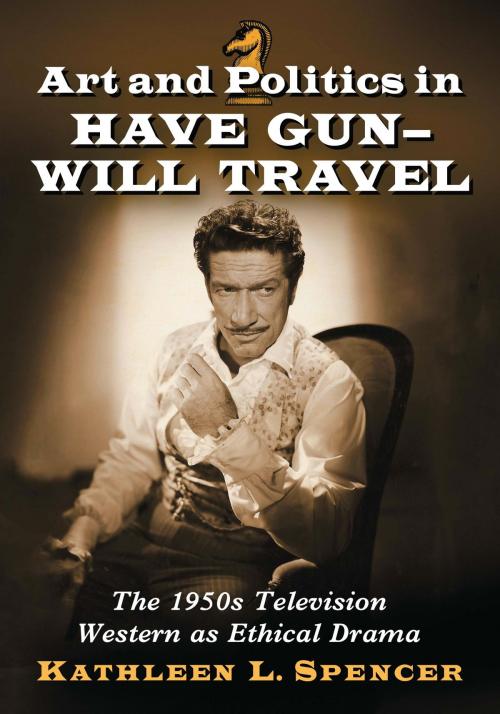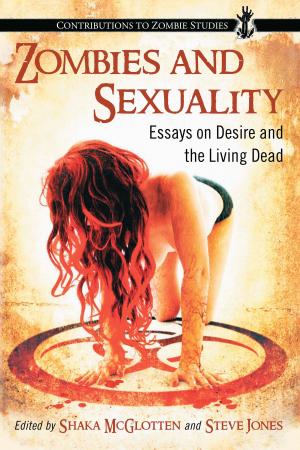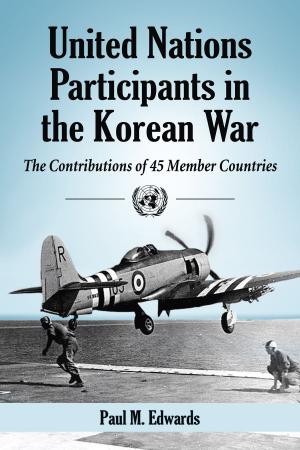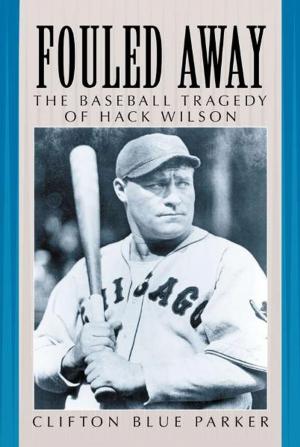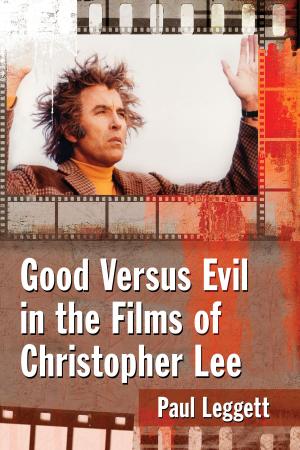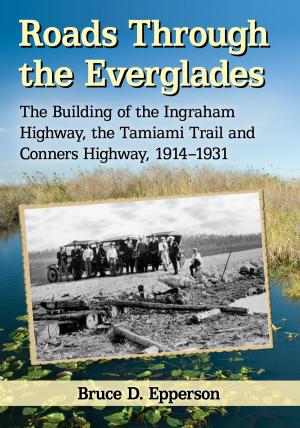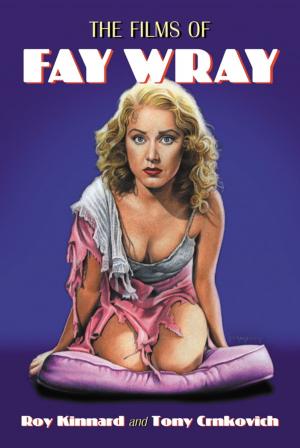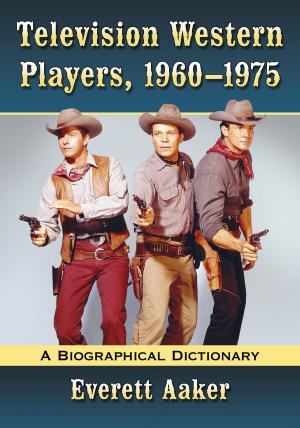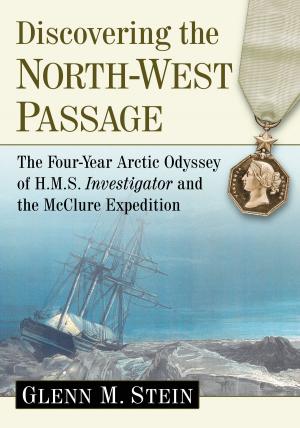Art and Politics in Have Gun--Will Travel
The 1950s Television Western as Ethical Drama
Nonfiction, Entertainment, Television, Performing Arts, Social & Cultural Studies, Social Science, Cultural Studies, Popular Culture| Author: | Kathleen L. Spencer | ISBN: | 9781476617749 |
| Publisher: | McFarland & Company, Inc., Publishers | Publication: | September 17, 2014 |
| Imprint: | Language: | English |
| Author: | Kathleen L. Spencer |
| ISBN: | 9781476617749 |
| Publisher: | McFarland & Company, Inc., Publishers |
| Publication: | September 17, 2014 |
| Imprint: | |
| Language: | English |
From 1955 to 1964, American television was awash in adult Westerns, as much as one quarter of all prime-time programming. During its six seasons (1957-1963), Have Gun-Will Travel was recognized as one of the best shows on television--politically the most liberal, and intellectually and aesthetically the most sophisticated, largely because of Richard Boone. This work places the series in its larger historical context, exploring why the Western was so popular at the time, and examines how the early history of television affected the shows. A brief biography of Boone is included, revealing how his values and experiences shaped the series. Behind-the-scenes life on the show is compared with that of its most popular competitors, Gunsmoke, Wagon Train and Bonanza. Major themes and patterns of the shows are compared, in particular the figures of the lawman, the gunfighter and the outlaw, racial and ethnic minorities, and women.
From 1955 to 1964, American television was awash in adult Westerns, as much as one quarter of all prime-time programming. During its six seasons (1957-1963), Have Gun-Will Travel was recognized as one of the best shows on television--politically the most liberal, and intellectually and aesthetically the most sophisticated, largely because of Richard Boone. This work places the series in its larger historical context, exploring why the Western was so popular at the time, and examines how the early history of television affected the shows. A brief biography of Boone is included, revealing how his values and experiences shaped the series. Behind-the-scenes life on the show is compared with that of its most popular competitors, Gunsmoke, Wagon Train and Bonanza. Major themes and patterns of the shows are compared, in particular the figures of the lawman, the gunfighter and the outlaw, racial and ethnic minorities, and women.
